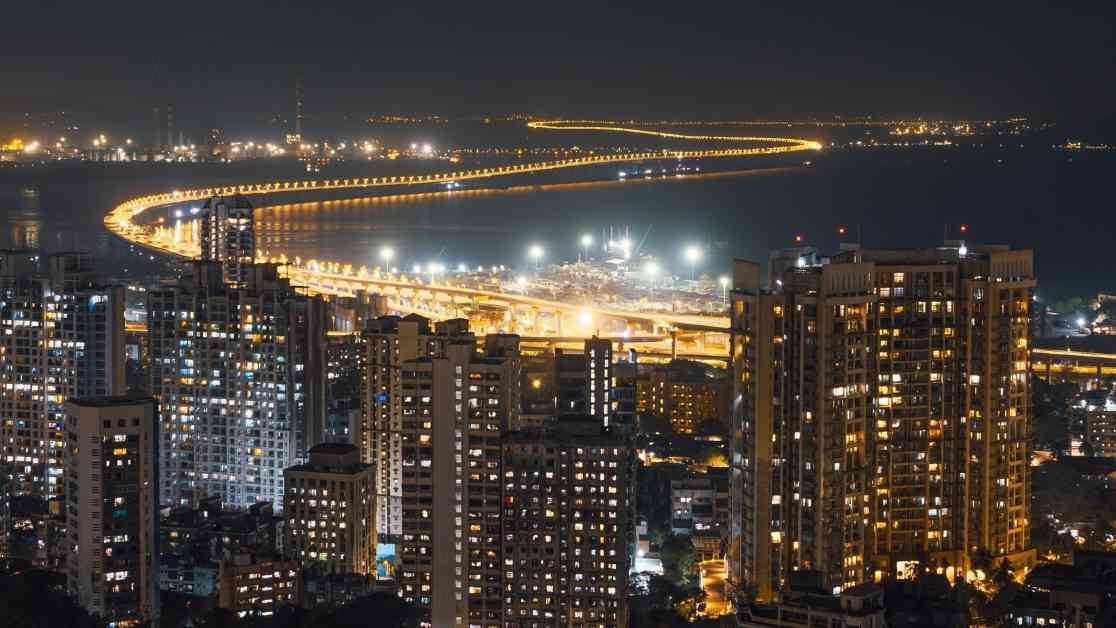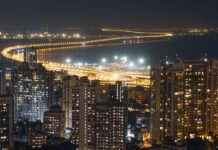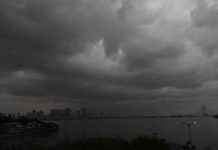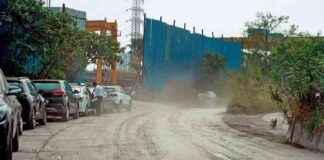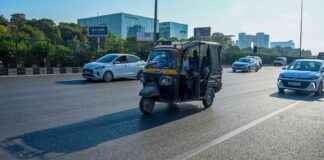Mumbai’s Air Quality Index (AQI) teeters on the brink of ‘poor’ levels for the second consecutive day, with a steady temperature maintaining its grip on the city. On Thursday, the 24-hour AQI plummeted dangerously close to ‘poor’ territory, clocking in at 198 within the ‘moderate’ category, primarily due to elevated levels of ozone pollution. This decline in air quality was accompanied by a dense haze enveloping the city at dusk, reminiscent of the previous day’s conditions when the AQI peaked at 199.
### AQI Nears ‘Poor’ Threshold, Eight Stations in ‘Poor’ Range
Notably, eight monitoring stations in Mumbai recorded AQI levels in the ‘poor’ category, underscoring the severity of the pollution crisis gripping the metropolis. The areas registering ‘poor’ AQI readings were Navy Nagar in Colaba at 282, Mazgaon at 271, Malad West at 251, Deonar at 269, Chembur at 265, Borivali East at 226, Shivaji Nagar at 233, and Worli at 230. This concerning trend highlights the urgent need for comprehensive measures to address the underlying causes of pollution in these regions.
### Stable Temperatures Amidst Environmental Concerns
Despite the looming air quality crisis, Mumbai residents also grapple with uncharacteristically consistent temperatures, further complicating the city’s environmental challenges. The minimum temperature at Santacruz registered at 15.5 degrees Celsius, marking a significant deviation of 2.5 degrees below the seasonal average. Similarly, Colaba reported a temperature of 20.2 degrees Celsius, 0.8 degrees below the usual level. In contrast, maximum temperatures in Santacruz and Colaba stood at 31.4 degrees Celsius and 30.2 degrees Celsius, respectively, both falling below the expected norms. These deviations are expected to persist in the coming days, posing additional concerns for residents navigating the dual challenges of poor air quality and fluctuating temperatures.
As Mumbai grapples with the dual challenges of deteriorating air quality and uncharacteristically stable temperatures, the need for concerted action to mitigate environmental risks becomes increasingly urgent. From implementing stringent pollution control measures to fostering community awareness about sustainable practices, collaborative efforts are essential to safeguarding the city’s environmental well-being for future generations. In the face of these pressing challenges, individual actions can collectively drive meaningful change and pave the way for a cleaner, healthier Mumbai.
